
Best Daycare in Carrollton Georgia
Give us a call @ (678)601-3067
Growing Hearts and Hands
At Growing Hearts and Hands, we believe that every child deserves a nurturing environment where they can thrive academically, socially, and emotionally. Our state-of-the-art facilities and dedicated educators are committed to providing personalized learning experiences tailored to each child's unique needs.
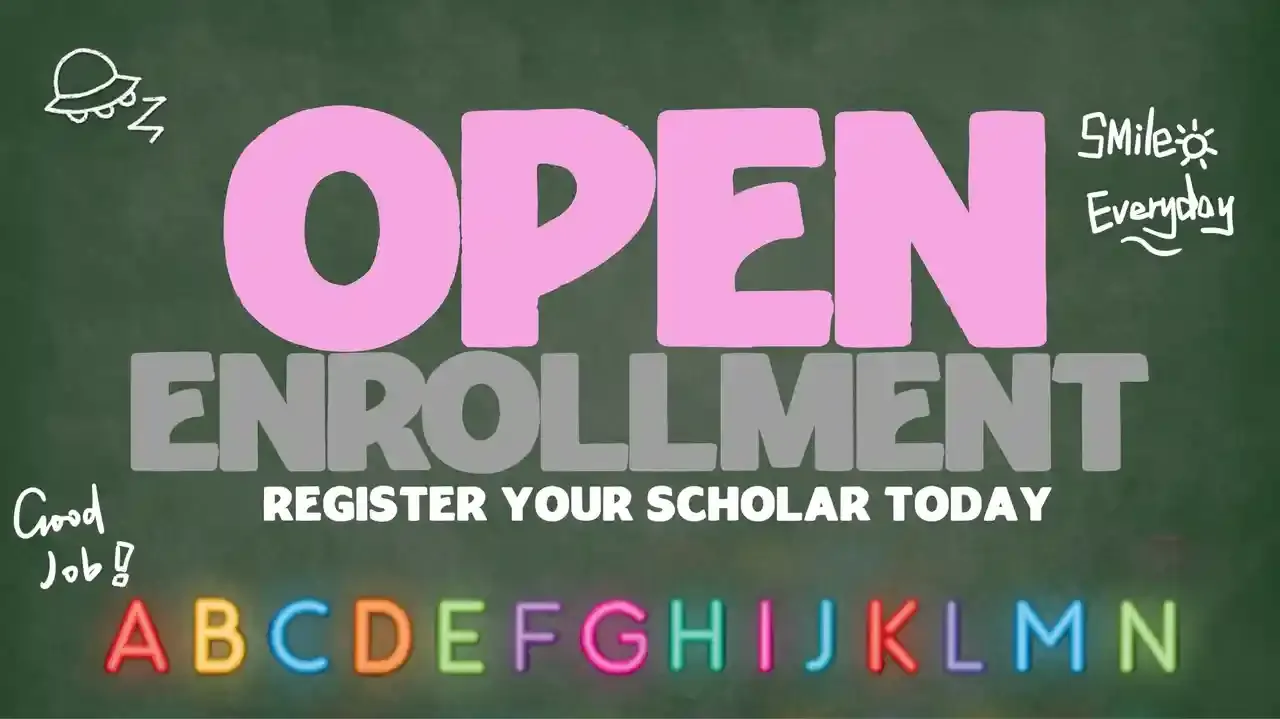
Why Choose Growing Heart and Hands?
Customized Learning Plans:
We develop individualized learning plans that cater to your child's specific learning style and pace, ensuring optimal growth and development.
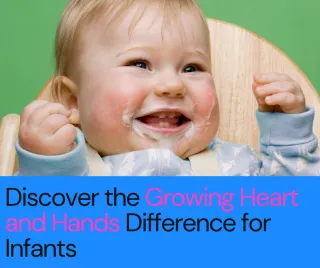
Qualified and Caring Educators:
Our team comprises certified professionals trained in early childhood education, CPR, and first aid, dedicated to fostering a safe and supportive learning environment.
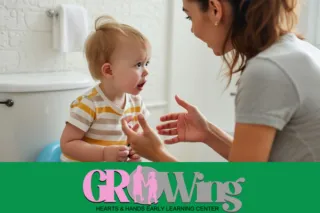
Safe and Engaging Environment:
Our secure facilities are equipped with interactive play areas that encourage exploration and creativity, promoting holistic development.
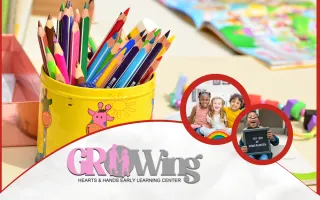
Give us a call @ (678)601-3067
Schedule a Tour Today
Experience firsthand the vibrant learning community at Growing Hearts and Hands. We invite you to schedule a tour and discover how we can partner with you in your child's educational journey.


Learning for your Pre-Schooler
Three-year-olds are able to solve more and more problems, figure out unique ways to do something, and want to find out why – a lot! Learning Beyond helps you become a strong model, allowing children time to try and work through challenges while you ask important questions or provide support to children’s learning. Children’s skills in all developmental areas grow with these continued opportunities to be actively engaged in their learning and trusted as a learner. Learning Beyond provides quarterly benchmarks to help you stay focused on age-appropriate growth and excited learners.
Give us a call @ (678)601-3067
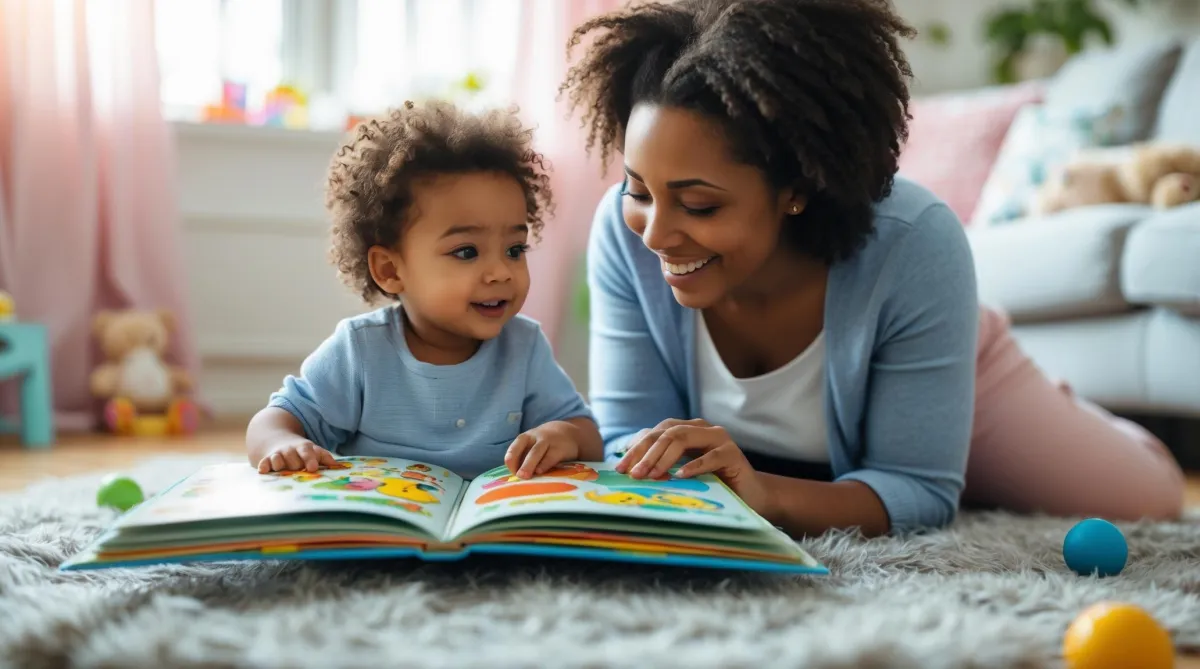
Understanding Child Behavior & Psychology: How to Nurture Emotional Intelligence and Positive Growth

Understanding Child Behavior & Psychology: How to Nurture Emotional Intelligence and Positive Growth
Parenting is more than providing food and shelter—it’s about shaping a child’s emotional world and helping them grow into kind, confident, and resilient individuals. Understanding child behavior and psychology allows parents and caregivers to respond to challenges with empathy, patience, and effective strategies.
Why Understanding Child Psychology Matters
Every child’s behavior tells a story. Tantrums, clinginess, or bursts of energy are not signs of “bad behavior” but rather expressions of unmet needs or big emotions. By understanding these signals, parents can guide children through emotional regulation, helping them feel secure and understood.
Emotional Intelligence: Teaching children to name and express feelings boosts confidence and social skills.
Attachment and Safety: A strong parent-child bond helps kids feel safe to explore and learn.
Behavior as Communication: Actions often reflect developmental stages or emotional needs.

Practical Strategies for Parents
1. Teach Emotional Regulation
Instead of reacting to tantrums with frustration, model calm behavior. Kneel to your child’s level, acknowledge their feelings (“I see you’re upset because…”) and guide them through simple calming techniques like deep breathing.
Tip: Try using “connection before correction”—building emotional trust first.
2. Use Positive Discipline
Traditional “stop” commands can trigger resistance. Instead, reframe discipline into guidance:
Replace “Stop running!” with “Let’s walk together like ninjas.”
Swap “No shouting!” with “Can you show me your soft voice?”
This approach teaches cooperation without fear.
3. Encourage Empathy
Empathy is learned through modeling and role-play.
Describe your feelings out loud: “I feel happy when you hug me.”
During storytime, ask: “How do you think this character feels?”
Praise caring behavior: “You made your friend smile by sharing.”
4. Create Predictable Routines
Routines provide a sense of safety and reduce anxiety. Bedtime rituals—like bath → story → cuddle—signal to a child’s brain that it’s time to wind down. This predictability helps prevent crankiness and bedtime struggles.
Common Misconceptions About Child Behavior
“Tantrums mean my child is misbehaving.”
Tantrums are normal—they show a child is overwhelmed, not disobedient.“Discipline means punishment.”
True discipline is about teaching, not punishing.“Kids don’t understand feelings.”
Even toddlers can learn to identify emotions with the right guidance.
Takeaway
By understanding child psychology, parents can replace stress-filled moments with meaningful connection. Empathy, routines, and positive discipline are not just parenting hacks—they are tools for building strong emotional foundations that last a lifetime.